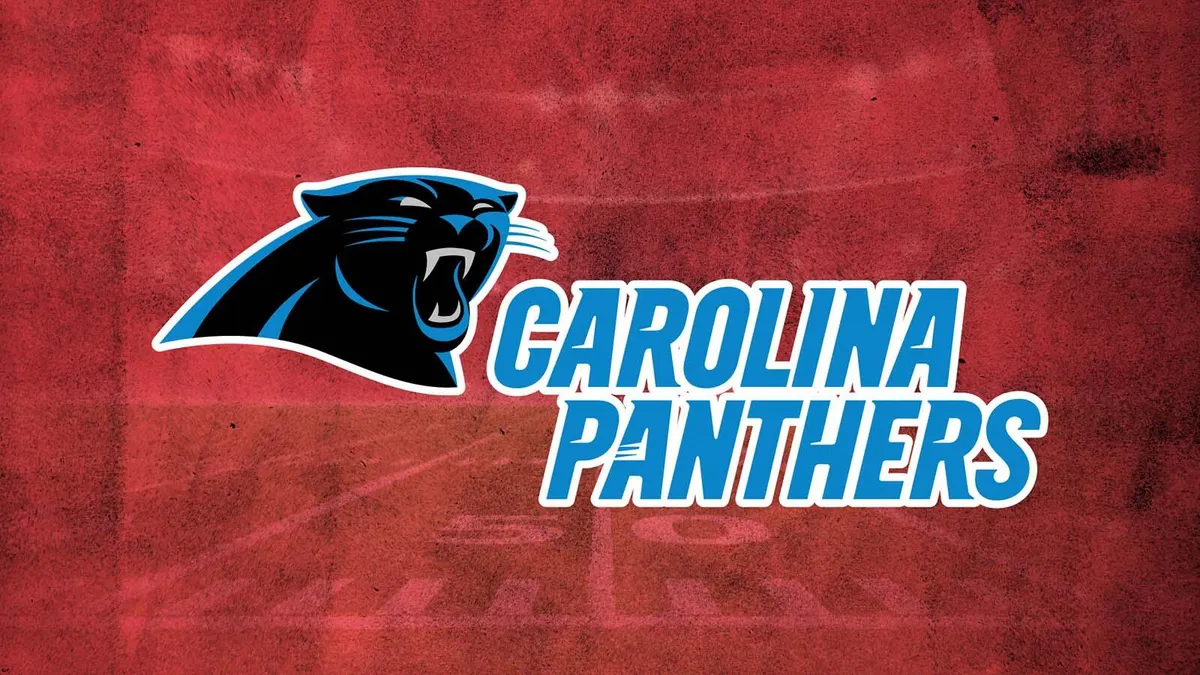
As April progresses, NFL teams are entering a crucial phase leading up to the NFL Draft. With significant moves likely on hold for the next few weeks, it’s an opportune moment to assess the Carolina Panthers‘ salary cap situation.
In recent updates, the Panthers made notable moves, including signing Edge Jadeveon Clowney to a two-year, $20 million deal. This addition reduced their estimated cap room to approximately $3.2 million, ranking them fourth lowest in the NFL, according to Over The Cap. Not having a first-round pick, traded for the opportunity to select Bryce Young, alleviates some cap pressure, as the first overall pick carries a hefty $7 million cap hit.
Draft selections made in the second and third rounds will impact the Panthers’ cap situation. With a predetermined rookie wage scale, players chosen beyond the third round have minimal cap hits and won’t significantly affect the team’s financials. Allocating around $1.6 million for picks 33, 39, and 65 should cover these signings.
Teams typically reserve cap space for regular-season needs, such as signing free agents or making trades. The Panthers may need to create additional cap room, likely through further roster moves, as a minimum of $5 million is typically earmarked for this purpose.
Fortunately, the Panthers have options to address their cap situation. Priority lies in extending superstar defensive tackle Derrick Brown, which could generate up to $8.43 million in cap space, per Over The Cap.
Additionally, the Panthers have the option to restructure certain player salaries into signing bonuses, spreading out the cap impact over the remaining years of their contracts. This strategy effectively reduces the immediate cap burden for 2024 while increasing the cap hit in subsequent years. Potential candidates for contract restructuring include Taylor Moton ($8.14 million), Adam Thielen ($4.9 million), Austin Corbett ($3.41 million), and Shy Tuttle ($2.68 million). The savings listed represent the maximum amounts the Panthers could generate, but they retain the flexibility to restructure for lesser amounts.
It’s important to highlight that General Manager Dan Morgan emphasized the need to exercise caution and be strategic in using restructures to create cap space. This involves judiciously managing bonus money and balancing immediate needs with long-term financial stability.
If the Panthers opt to utilize contract restructuring to free up cap space, it’s likely to be done judiciously. Any surplus cap space generated but not utilized by the end of the 2024-2025 regular season will be carried over to the following year. While the Panthers may not have an abundance of available funds, they possess a reasonable amount to address their immediate needs. Additionally, they have various options to generate more cap space if necessary, providing them with flexibility for future endeavors.

/cdn.vox-cdn.com/uploads/chorus_image/image/73255093/usa_today_22637069.0.jpg)





